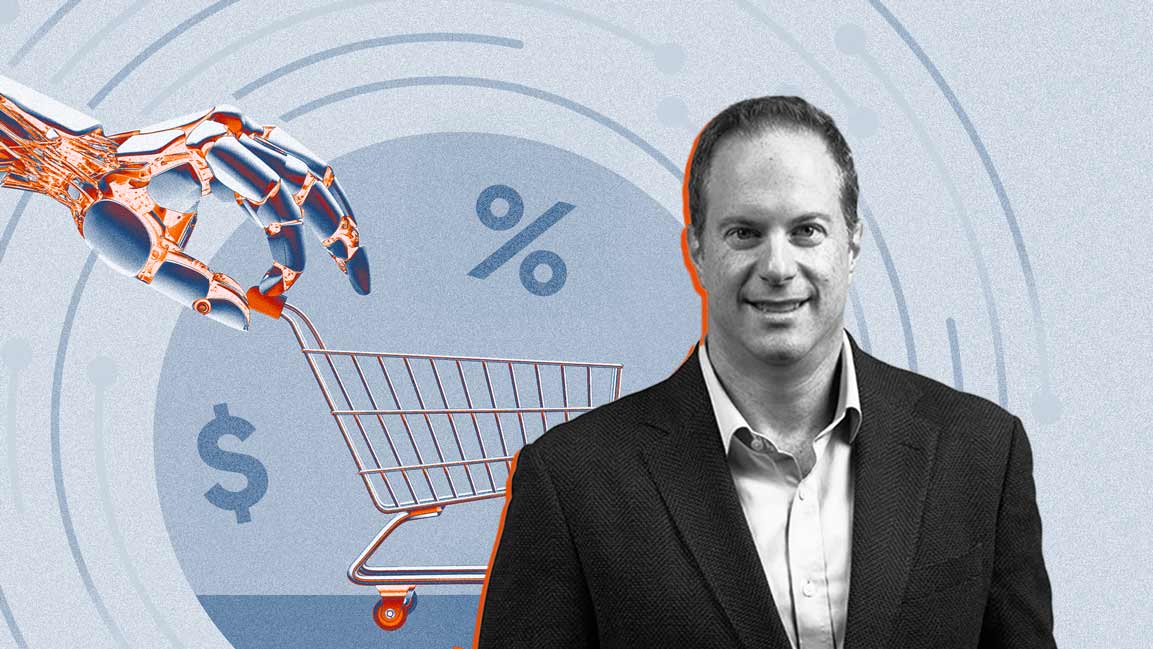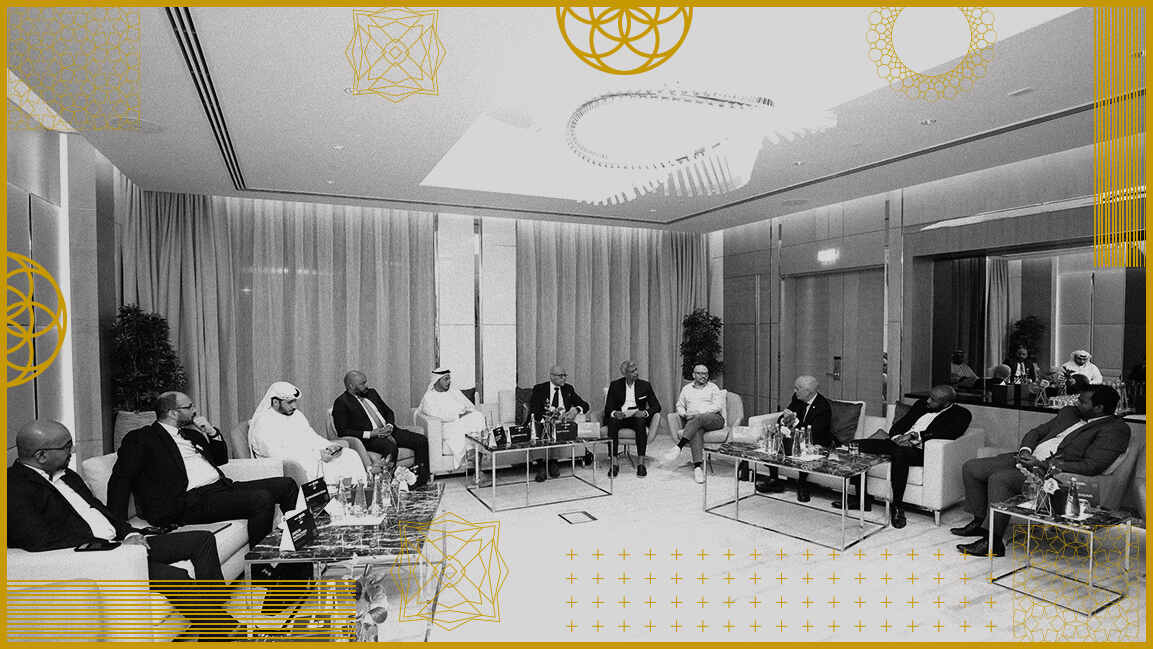- | Visa
The new rules of commerce: Powered by AI, data, and trust
Visa's Nicolas Khoury explains how to lead in the new era of intelligent commerce.

For decades, commerce has been shaped by the simplicity of a click. That model is still very much part of how we shop, yet it is steadily evolving as technology becomes more intelligent. What was once a manual sequence of searching, comparing, adding to the cart, and purchasing is now giving way to a journey that anticipates needs and adapts in real-time.
Now, AI and data are accelerating that shift. They are transforming payments from simple transactions into predictive engines for growth, creating hyper-personalized experiences that have become the baseline for competitive advantage. Payments are no longer a final step but a real-time platform for building loyalty.
This shift is accelerating in the Middle East, where established mobile-first habits are the perfect launchpad for AI to deliver value at scale.
“Consumers here are ahead of the curve. In the UAE, more than a third shop online using their phones, the highest rate globally according to Visa’s 2025 Global Shopping Index,” says Nicolas Khoury, Head of Visa Consulting and Analytics, CEMEA.
This consumer readiness is enabling AI to transform how we discover, compare, and purchase, laying the groundwork for a new model of commerce based on intelligent systems. This shift introduces a new phase in which trust becomes central to the operation of digital interactions.
WATCH THE VIDEO HERE
THE SHIFT TO INTELLIGENT COMMERCE
The next stage is agentic commerce, where AI agents operate autonomously on behalf of consumers. “AI agents act on behalf of consumers across the entire journey, from product discovery and recommendations to purchase and post-purchase management,” Khoury explains.
Visa has invested in making agentic commerce safe and scalable. The company has launched Visa Intelligent Commerce, a framework that enables tokenization and consent-based personalization. More recently, Visa introduced the Trusted Agent Protocol, a global initiative intended to help merchants distinguish verified AI agents from malicious bots, confirm the identity of the underlying customer and validate agent credentials before a payment is processed.
Khoury describes this moment as a decisive turning point for the industry. “AI is transforming commerce from every angle,” he adds. “The question is not whether it will happen, it already has. The real question is: are you ready to lead the intelligent era?”
TURNING SIGNALS INTO STRATEGY
Beyond agents, the second seismic shift is in how we interpret data. Every transaction broadcasts a stream of information, providing businesses with a powerful way to understand their customers in real-time.
“In payments, every transaction sends signals,” Khoury says. These signals reveal behavioral shifts, emerging trends, and potential risks. The advantage lies in acting on them instantly – predicting demand, engaging customers proactively, and greenlighting legitimate transactions while blocking fraud.
Consider this example: During this year’s summer holiday season, premium Visa cardholders traveling to Egypt increased their spend by 44 percent. “Banks can use these insights to tailor offers and drive engagement, while businesses can plan capacity to better serve premium customers,” Khoury notes.
This is where data moves from a pain point – like high acquisition costs, low engagement, or false declines – to a growth engine. Predictive insights enable higher conversion rates, truly relevant personalization, and seamless approvals, turning commerce into a strategic, adaptive function.
POWERING THE NEXT PAYMENT SHIFT
Across the region, Khoury sees businesses moving past pilots and into large-scale deployment with a sharp focus on measurable outcomes. The priorities are clear: stronger hyper-personalization, resilient payment security, and AI-powered workflows.
Capturing this opportunity will depend on positioning card and payment products as the default choice for both consumers and the AI agents acting on their behalf. A seamless experience, from adding a card to digital wallets or agents, to completing secure verification, helps ensure they remain the preferred option.
Visa is actively helping businesses design AI-friendly value propositions, including contextual, machine-readable offers that agents can easily interpret and select. Loyalty models are also being redesigned to align rewards with agent behavior, keeping cards at the top of the wallet and algorithm.
Reducing friction and maintaining strong security will be increasingly important as commerce evolves. Visa is exploring ways to streamline provisioning for new token requests from authorized AI agents and enhance fraud detection through tools such as Visa Risk Manager (VRM) and Visa Consumer Authentication Services (VCAS).
This approach aligns with a larger regional shift that is bringing intelligent commerce into active deployment. As the transformation expands, leadership will favour organisations with a clear strategy and rigorous execution. Those that use transaction signals effectively, reinforce trust, and remove friction will define how consumers and their agents transact in the future.







































